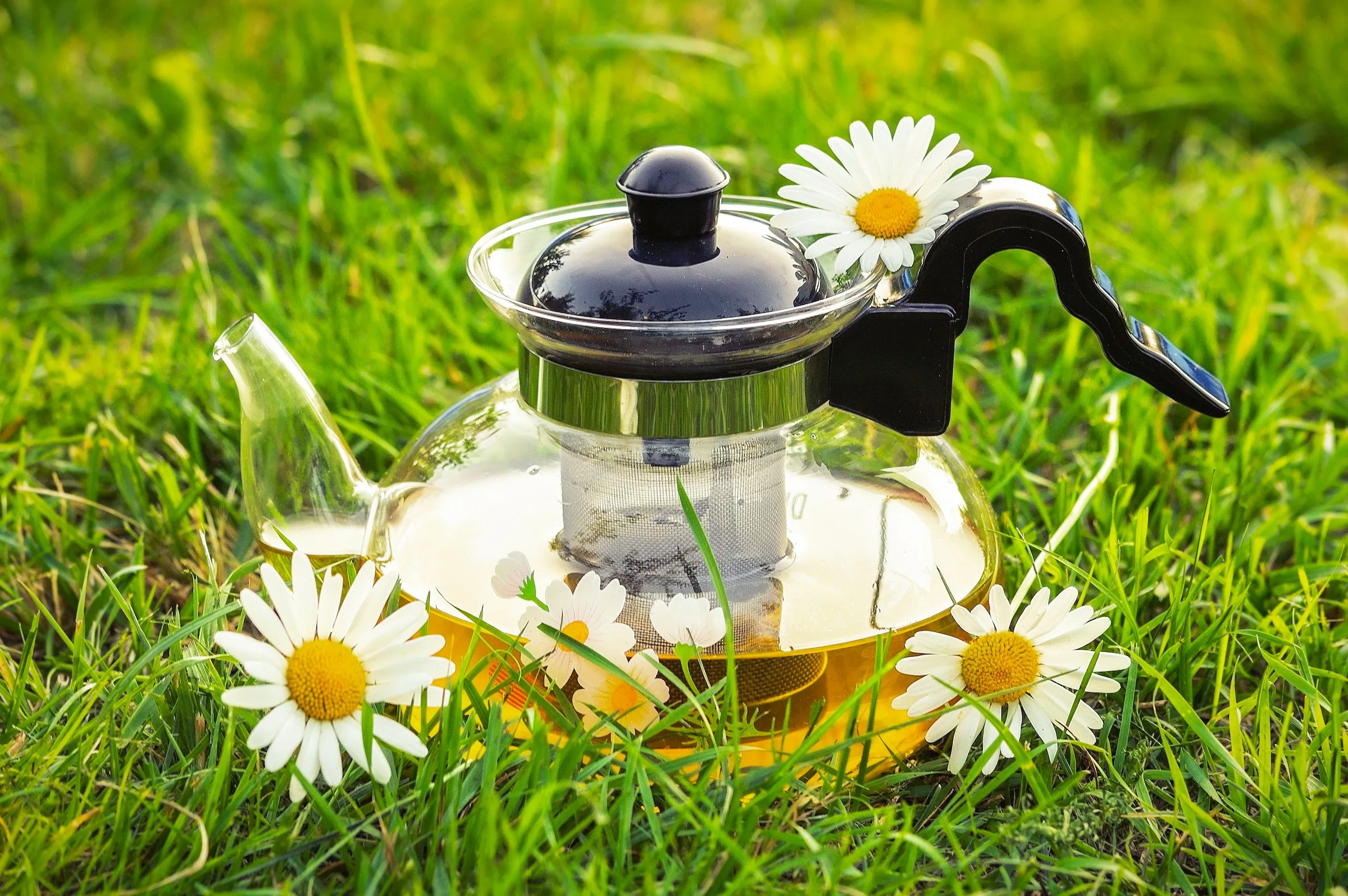Are you interested in growing medicinal herbs in your vegetable garden but don’t know where to start? Medicinal herbs are not only beautiful and aromatic; they can also be used to make teas, balms, tinctures, and healing salves. Whether you’re a beginner or an experienced gardener, incorporating medicinal herbs into your garden can offer a range of benefits for your health and wellness.
Ways to Use Medicinal Herbs
Medicinal herbs have been used for centuries for a variety of purposes. Here are some of the ways you can use medicinal herbs from your garden:
- Teas: Dried or fresh leaves, flowers, and roots can be infused in hot water to make a delicious and beneficial tea. Chamomile, lemon balm, and peppermint are easy-to-grow herbs that make great teas for relaxation, digestion, and headache relief.
- Balms and salves: Infused oils and beeswax can be used to make balms and salves for topical application. Calendula, comfrey, and lavender are well-known for their skin-soothing properties and are easy-to-grow in most gardens.
- Tinctures: Alcohol or vinegar can be used to extract the medicinal properties of fresh or dried herbs. Echinacea, elderberry, and ginger are popular herbs used in tinctures for immune support and cold prevention.
- Cooking: Fresh herbs can add flavor and health benefits to your cooking. Basil, rosemary, and thyme are herbs that are commonly used in cooking, and they offer a range of medicinal properties.
- Aromatherapy: Some medicinal herbs are known to have relaxing or uplifting scents. You can create your own aromatherapy blends using herbs like lavender, chamomile, or peppermint.
- To treat minor ailments: Many common ailments like headaches, muscle pains, or digestive issues can be treated with medicinal herbs. For instance, you can make a peppermint tea to soothe an upset stomach.
Easy-to-Grow Medicinal Herbs
Some medicinal herbs are incredibly easy to grow, even for beginners. Here are some of the easiest medicinal herbs you can grow in your garden:
- Chamomile: Chamomile is a beautiful and aromatic herb that can be grown in most gardens. It prefers full sun, but it can also tolerate some shade. Chamomile tea is a natural sleep aid and can also help calm anxiety.
- Lemon balm: Lemon balm is a hardy herb that thrives in most gardens. It’s a member of the mint family and spreads easily. Lemon balm tea is a great way to reduce stress and promote
- Calendula: This herb is often used to soothe skin irritations and can be added to salves or creams. It produces bright yellow, orange, or pink flowers.
- Echinacea: This plant is well-known for its immune-boosting properties and can be made into a tincture or tea.
- Lavender: Lavender is a famously fragrant herb that is often used in aromatherapy to promote relaxation, reduce stress, and improve sleep quality.
- Peppermint: Peppermint is a refreshing herb that can be used to treat digestive issues such as bloating, gas, and indigestion.
- Rosemary: Rosemary is an aromatic herb that is often used in cooking, but it also has medicinal properties. It has been shown to improve mood, enhance cognitive function, and reduce inflammation.
In conclusion, growing medicinal herbs in your garden is a fulfilling and rewarding experience that offers numerous benefits for your health and wellness. With the right guidance and proper care, you can easily grow your own herbal garden and incorporate medicinal herbs into your daily life. Before cultivating any medicinal plant, it’s always a good idea to check with your doctor or healthcare provider to discuss any potential side effects or interactions with any medications you may be taking.
If you found this article helpful, be sure to check out our other articles on gardening, herbal remedies, and natural health practices. Remember, growing your own medicinal herbs is not only a sustainable and cost-effective solution for your health, but it can also be a fun way to explore the power of plants and connect with nature. Happy gardening!
Join Our Gardening Newsletter for More Tips
If you enjoyed reading this, don’t hesitate to subscribe to our newsletter for a wealth of gardening knowledge and insights. Stay up-to-date on the latest gardening trends, tips, and know-how, and make your green thumb even greener.



